HubSpot
HubSpot is a complete CRM ecosystem that has managed to maintain ease of use. It is the most important tool for many B2B marketers.
HubSpot is a B2B marketer’s dream
Lead collection, scoring, and movement through the sales pipeline are at the core of HubSpot. Truly fitting inbound thinking, data can of course be collected in any way you want. All features, especially reporting, support seamless collaboration between sales and marketing
Even for large volumes of data
Many large companies also trust HubSpot, even those with massive amounts of consumer data and complex IT environments. HubSpot’s flexible data model and powerful automation capabilities make it an excellent tool when the digital ecosystem is complex and data volumes are high.
Ecosystem is the buzzword of the day
HubSpot is evolving at an incredible pace, with new features rolling out nonstop. It’s truly become an ecosystem that provides marketing automation, CRM, customer service ticketing, and even website management—all in one platform.

HubSpot grows and scales with you
HubSpot has established itself as an effective tool for B2B marketing and sales, combining a wide range of features with clear ease of use.
When is HubSpot the right choice?
HubSpot is a great fit for both larger and smaller B2B companies that already have modern sales and marketing processes or are willing to adopt them. For B2C companies, HubSpot can be suitable if the surrounding technology infrastructure is complex or if you want to take full advantage of HubSpot’s broader ecosystem—for example, by building your website on HubSpot or using its customer service tools.
How much does HubSpot cost?
HubSpot’s pricing is based on the number of marketing contacts (contacts you reach with marketing messages), the number of sales seats (users), and the different hubs, such as Sales, Marketing, and Operations. These hubs can be purchased separately or together as bundles. For the most accurate pricing information, check HubSpot’s official pricing page or contact 70/30 Digital directly.
When is HubSpot not the best choice?
As with all marketing automation technologies and CRM or CDP solutions, it’s important to have a realistic view of your starting point and goals. Implementing HubSpot always requires re-evaluating and refining your processes, so be prepared for change. Like any technology, HubSpot shouldn’t be adopted without clear objectives—just because it has features that an individual specialist wants to use.
HubSpot FAQ
Is HubSpot GDPR compliant?
GDPR compliance largely depends on the users and the practices of the company using the platform—that is, ensuring data is collected and processed in accordance with data protection regulations.
With HubSpot, you can choose to have your data hosted within the EU. In fact, HubSpot’s terms of service and out-of-the-box features strongly support GDPR-compliant practices, such as obtaining consent for marketing communications.
What does the HubSpot implementation process look like?
It depends on your starting point and the amount of data to be migrated. Typical steps include assessing the current situation, designing and building the desired data model in the tool, customizing HubSpot (e.g., email and blog templates) for your company, building necessary integrations, and providing user training.
What other tools are typically compared alongside HubSpot?
This also depends on the starting point, as HubSpot can suit both a company just getting started and a much larger organization. If there is less experience with marketing automation, ActiveCampaign is often compared. For companies with more experience and digital maturity, HubSpot is frequently compared to Salesforce or Microsoft tools.
